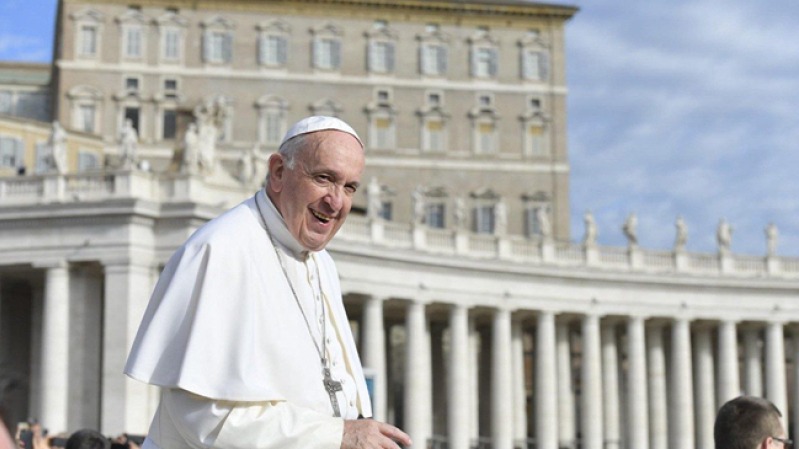
Pope Francis, the first Latin American pope and a transformative figure in the Catholic Church for over a decade, has died at age 88 — setting in motion a high-stakes papal succession that could shape the Church’s future direction for years to come.
The Vatican confirmed his death on Monday at Casa Santa Marta, the residence where he had lived since the beginning of his papacy. He had been suffering from pneumonia and related respiratory complications for several weeks. Despite visible health challenges, he delivered what would be his final public address on Easter Sunday, just one day before his passing.
Elected in 2013 following the resignation of Pope Benedict XVI, Pope Francis — born Jorge Mario Bergoglio in Buenos Aires — was the first pope from the Americas, the first Jesuit pope, and the first non-European pope in over 1,200 years.
Throughout his papacy, Francis became known for his openness to dialogue, his focus on the poor and marginalized, and his strong stances on climate change and global inequality. He consistently challenged both political and ecclesial establishments, calling on the Church to be more inclusive and less rigid.
Yet his leadership was not without controversy. While admired by many for his compassionate tone, he also faced criticism from conservative factions within the Church, particularly regarding his handling of clergy abuse scandals and his efforts to open discussion on topics like same-sex civil unions and the role of women in the Church.
Conclave in Motion: Who Will Succeed Him?
Following Francis's death, attention now turns to the upcoming conclave — a secretive election held within the Sistine Chapel in which cardinals under the age of 80 will vote to elect the next pope. The process is expected to begin within 15 to 20 days.
According to reporting by The New York Times and The Guardian, several leading candidates have already emerged:
-
Cardinal Pietro Parolin (Italy): Vatican Secretary of State and an experienced diplomat, Parolin is seen as a centrist who may appeal to a divided College of Cardinals.
-
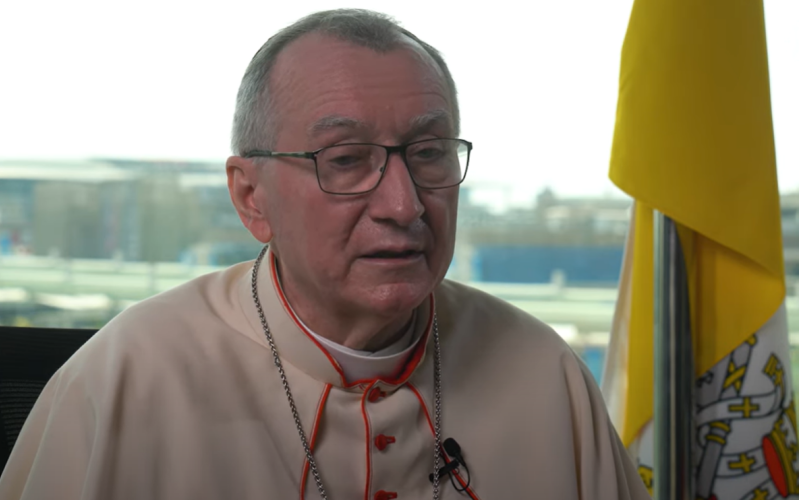
Cardinal Pietro Parolin | Capture by EWTN Youtube: Exclusive Interview: Cardinal Pietro Parolin -
Cardinal Luis Antonio Tagle (Philippines): Once seen as a natural successor to Francis, Tagle’s recent conservative leanings have complicated his profile — though he remains a powerful symbol for the global South.
-
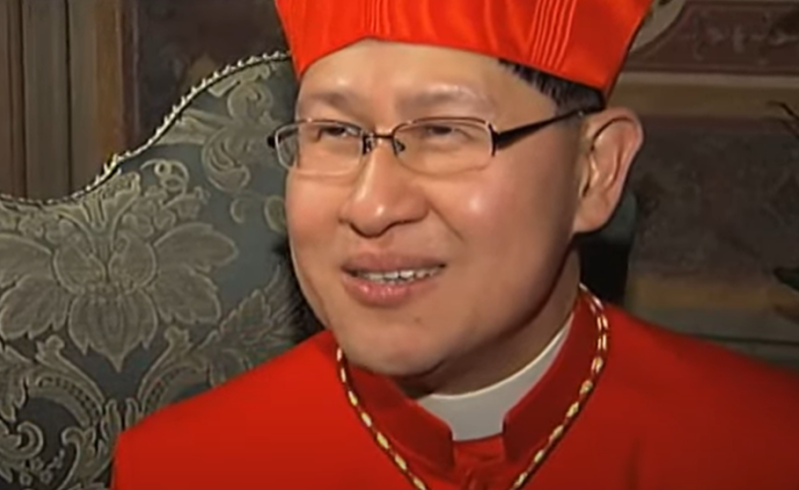
Cardinal Luis Antonio Tagle | Capture by ROME REPORTS in English Youtube: Cardinal Tagle explains his emotion -
Cardinal Peter Turkson (Ghana): A vocal advocate on environmental and economic issues, Turkson would become the first African pope in modern history.
-
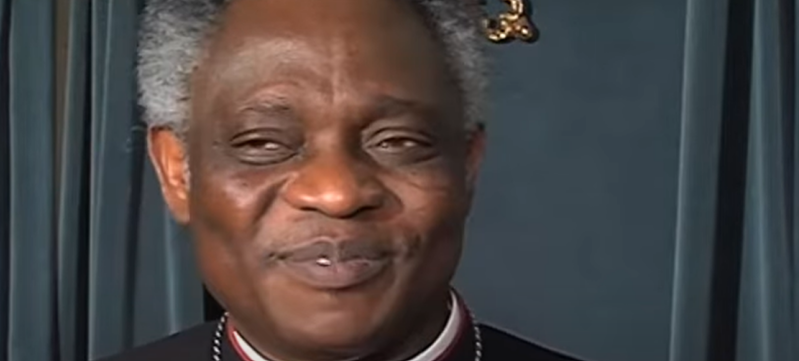
Cardinal Peter Turkson | Capture by ROME REPORTS in English Youtube: Peter Turkson: African Cardinal and president of the Council for Justice and Peace -
Cardinal Matteo Zuppi (Italy): A progressive ally of Francis known for his peace-building work and pastoral approach.
-
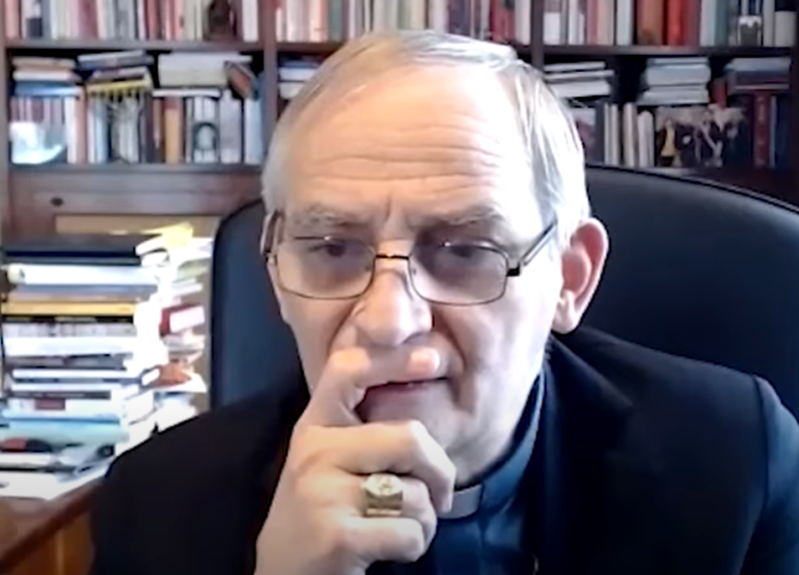
Cardinal Matteo Zuppi | Capture by ROME REPORTS in English youtube: Cardinal Matteo Zuppi: Celibacy does not mean living without affection -
Cardinal Péter Erdő (Hungary): A conservative theological scholar with strong support among traditionalists, Erdő could offer a return to doctrinal orthodoxy.
-
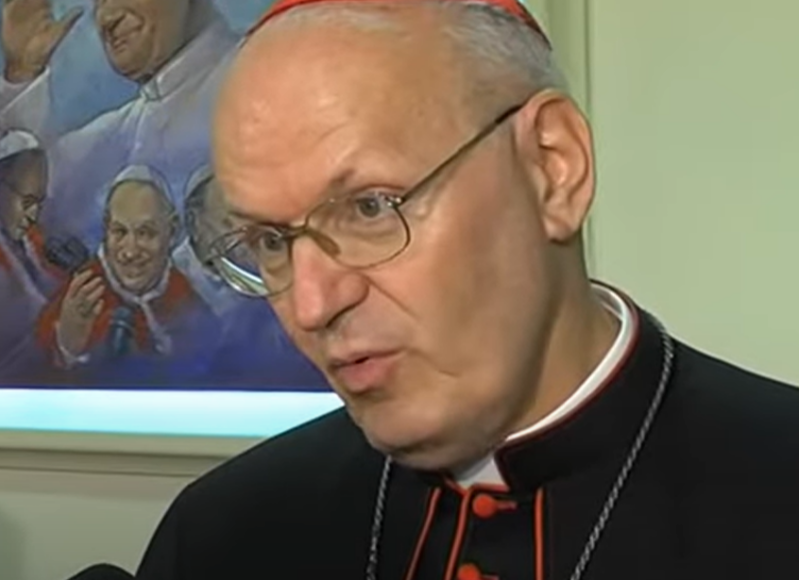
Cardinal Péter Erdő | Capture by ROME REPORTS in English Youtube: Cardinal Peter Erdö: When the State interferes with religious practice
Other names mentioned include Cardinal José Tolentino of Portugal, Cardinal Mario Grech of Malta, and Cardinal Pierbattista Pizzaballa, the Latin Patriarch of Jerusalem. Still, as The Guardian noted, papal elections are notoriously difficult to predict — and often favor compromise candidates who emerge late in the process.
The election of a new pope will be signaled by the appearance of white smoke from the chimney of the Sistine Chapel — a moment watched by millions of faithful worldwide. Once elected, the new pope will appear on the balcony of St. Peter’s Basilica, where the words “Habemus Papam” (“We have a pope”) will herald a new chapter in the history of the Catholic Church.







